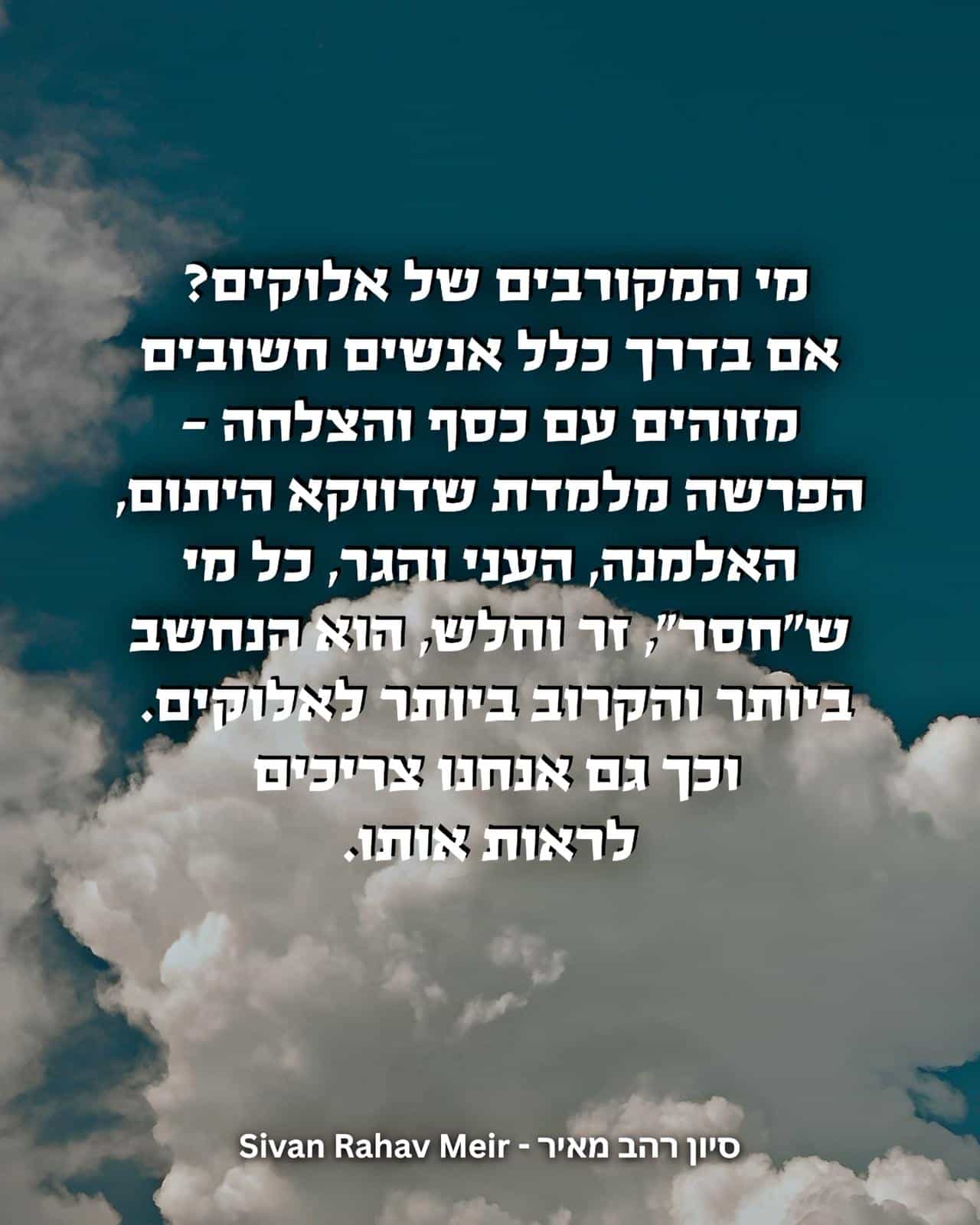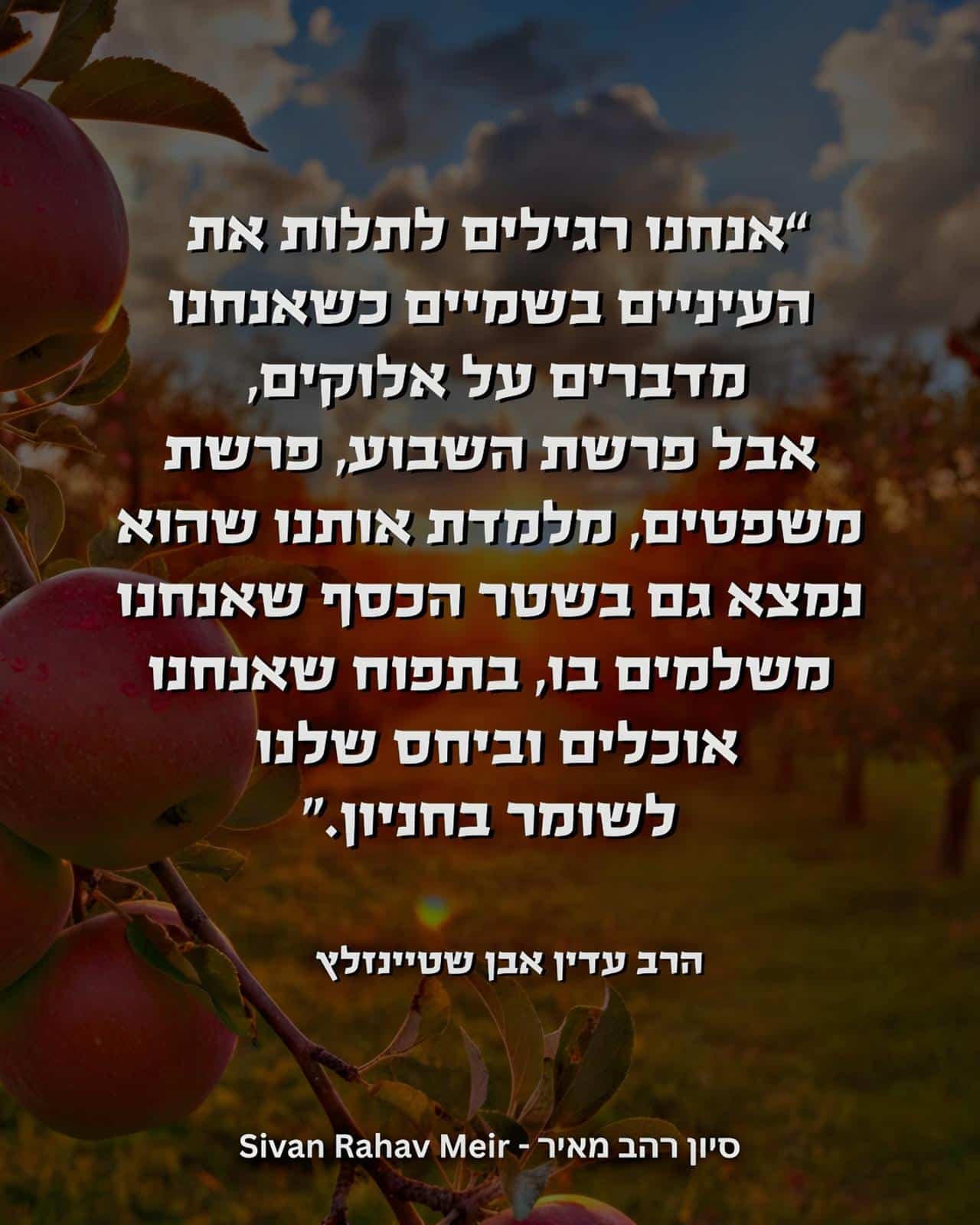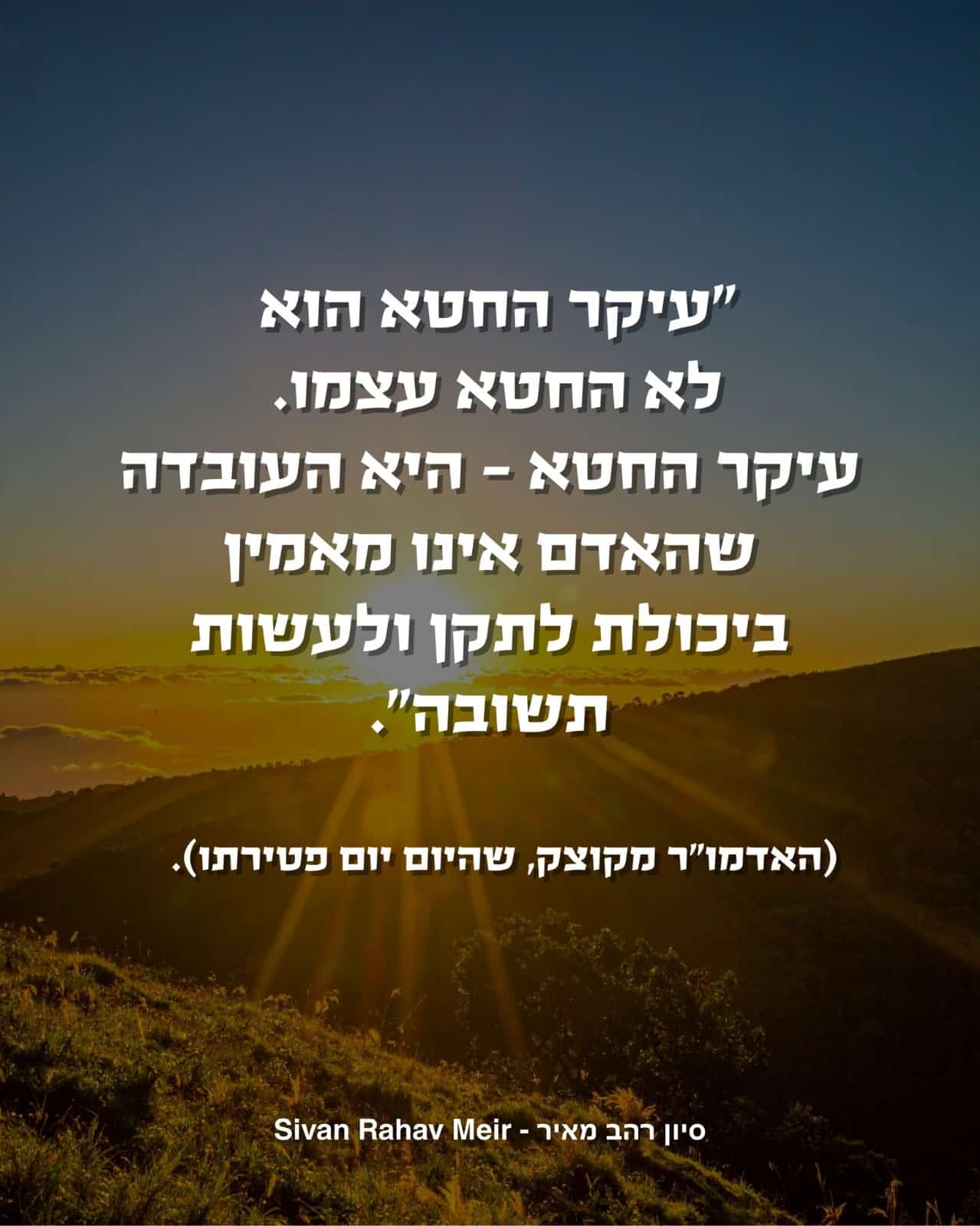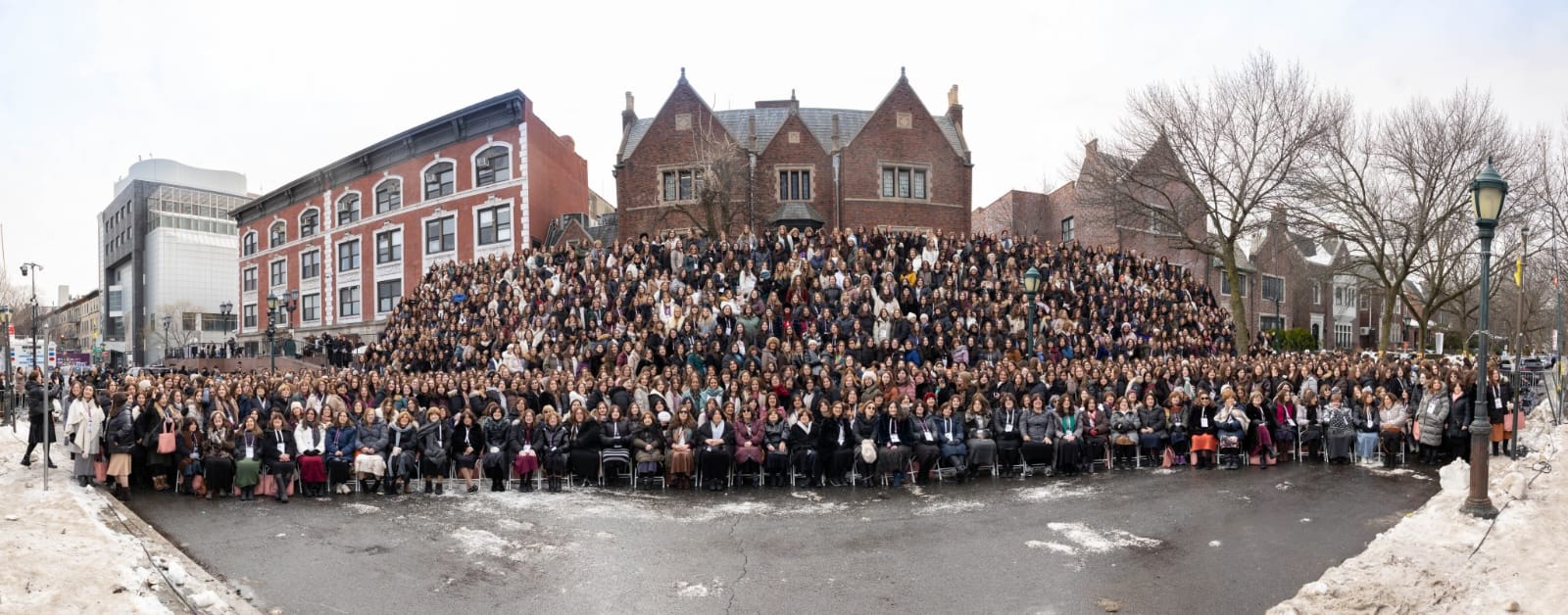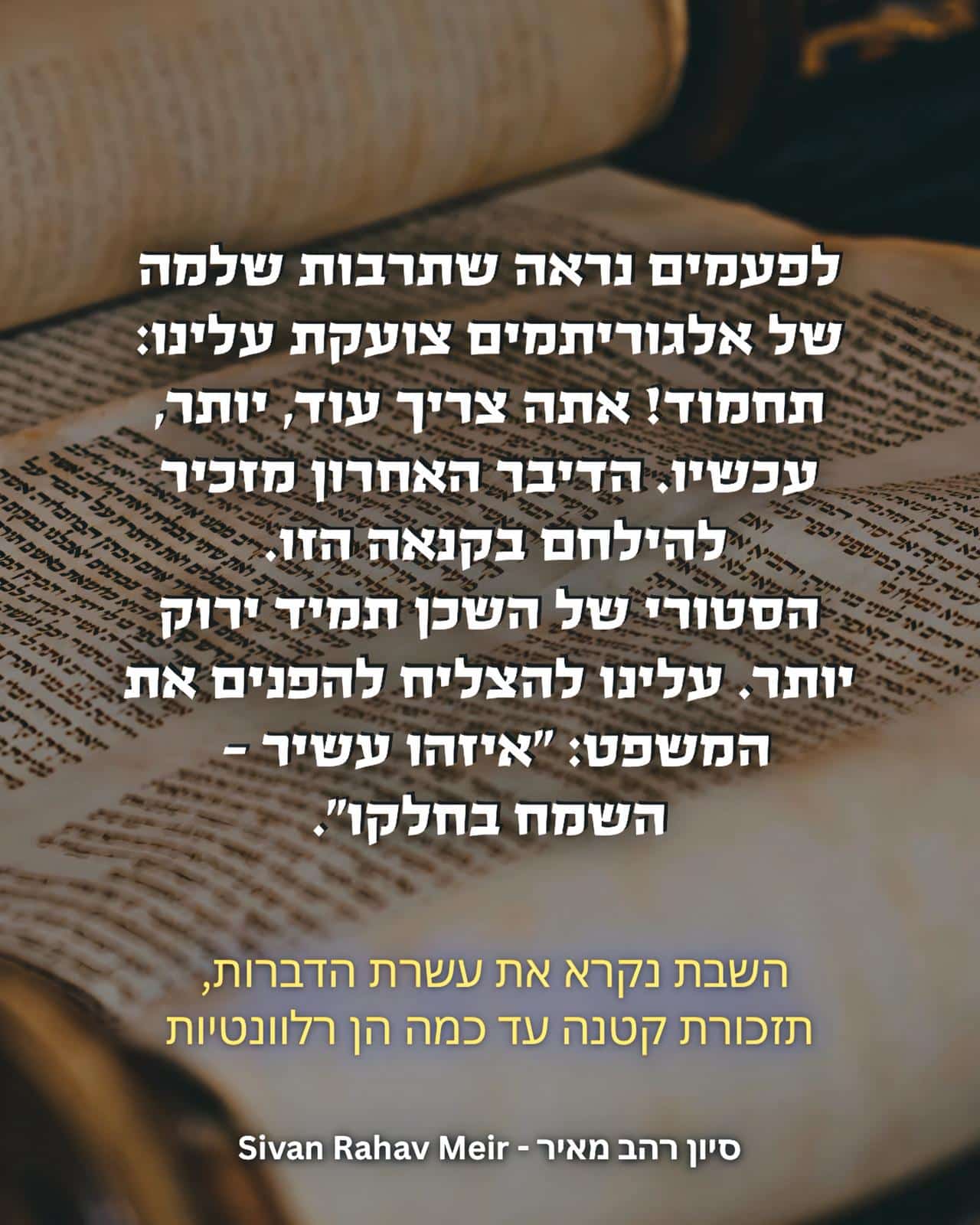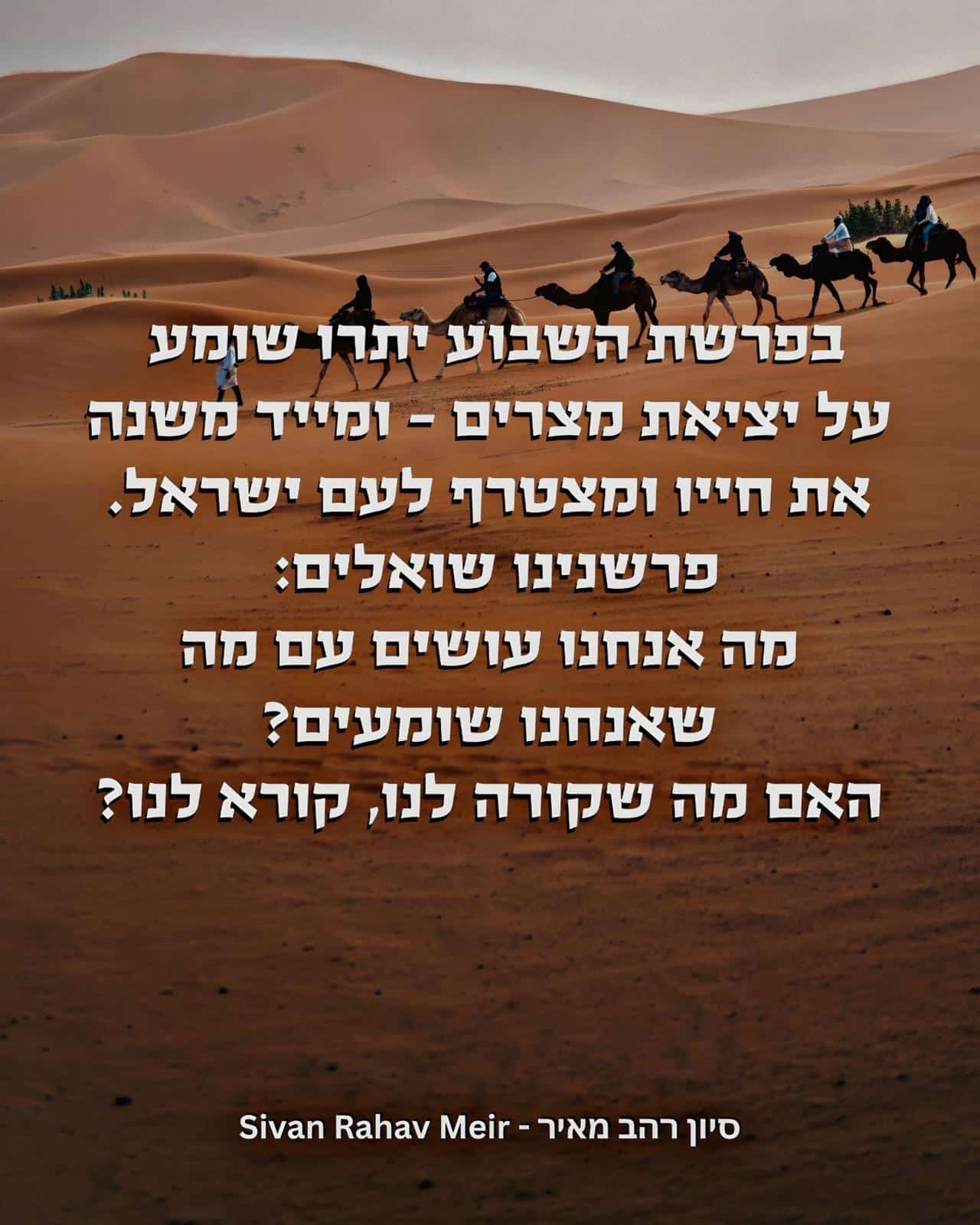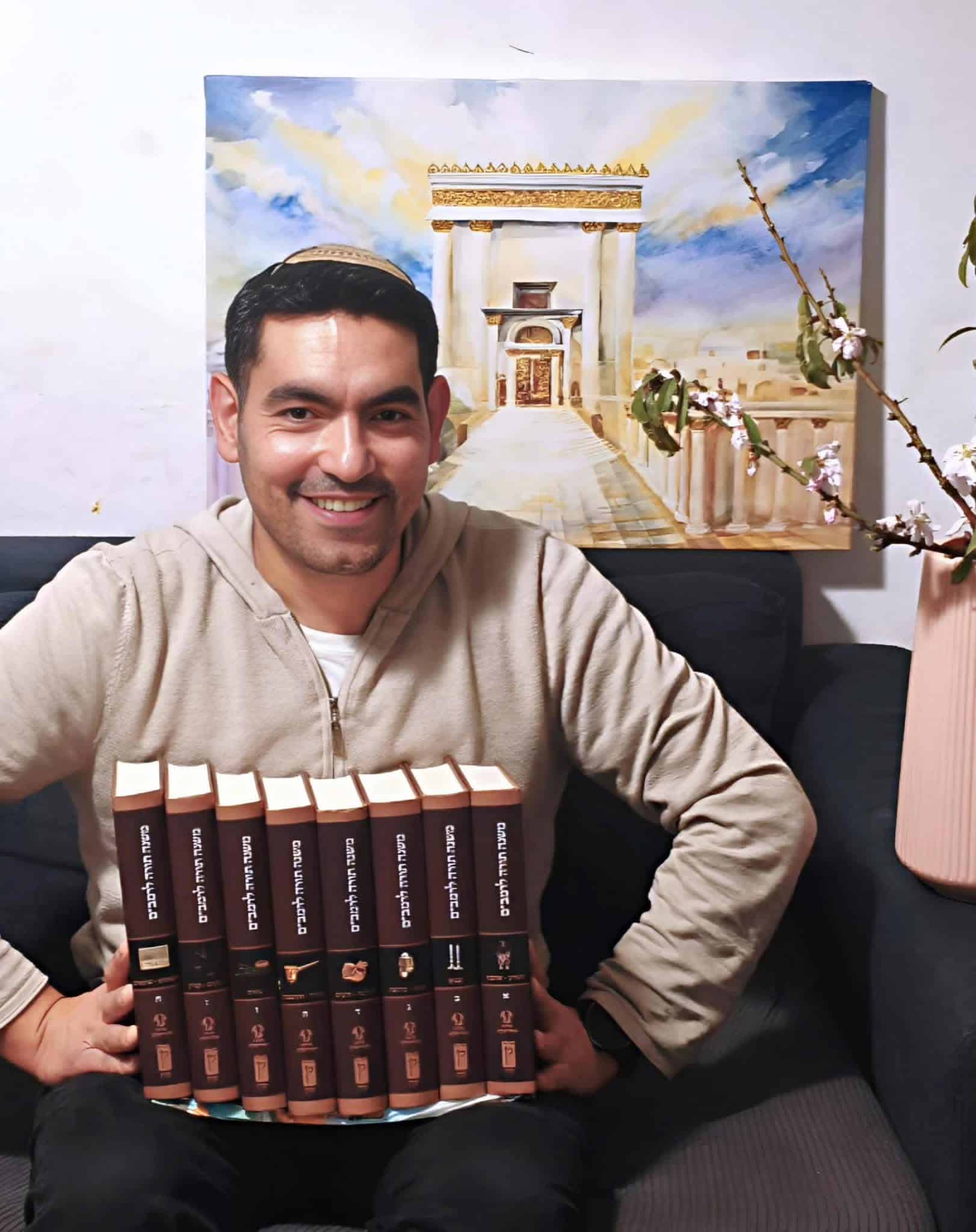Translation by Yehoshua Siskin
Both of them are inspiring women who decided – in the middle of this world crisis – to continue with their mission despite their tremendous pain.
Sternie Wolff lost her huband Rav Benny Wolff, 43 years old, who was a Chabad emissary in the city of Hanover in Germany. She surprised many when she said her husband would be buried there and that she and her eight children would remain in Hanover for now and continue with their mission. I spoke with her yesterday and I heard from her how much her decision had strengthened the local community during this difficult time.
Rachel Haber lost her husband Rav Avraham Yeshayahu Haber, 55 years old, who had founded the "Gift of Life" organization. 800 people have received a voluntary kidney donation thanks to this enterprise and several days after he passed away from the coronavirus, she was appointed chairwoman of the organization to take his place. "We always did everything together," she said. "Now I understand that he was training me to continue the mission."
The Torah portion of Emor begins with an unambiguous proclamation: "Speak to the Kohanim, the sons of Aaron, and say to them: Let none of you defile himself for a dead person among his people". The Kohanim (priests) are commanded to separate from the dead, and until today as we know they never enter a cemetery. In Egypt there was an "industry of death" that included mummification, burial pyramids, and more. The Torah sought to present a different perspective: the Kohen, who was the epitome of an educator, a spiritual man, would not serve the dead as in Egypt but rather serve as a live model for the living. Society's center of gravity would not be death, but the continuation of life.


